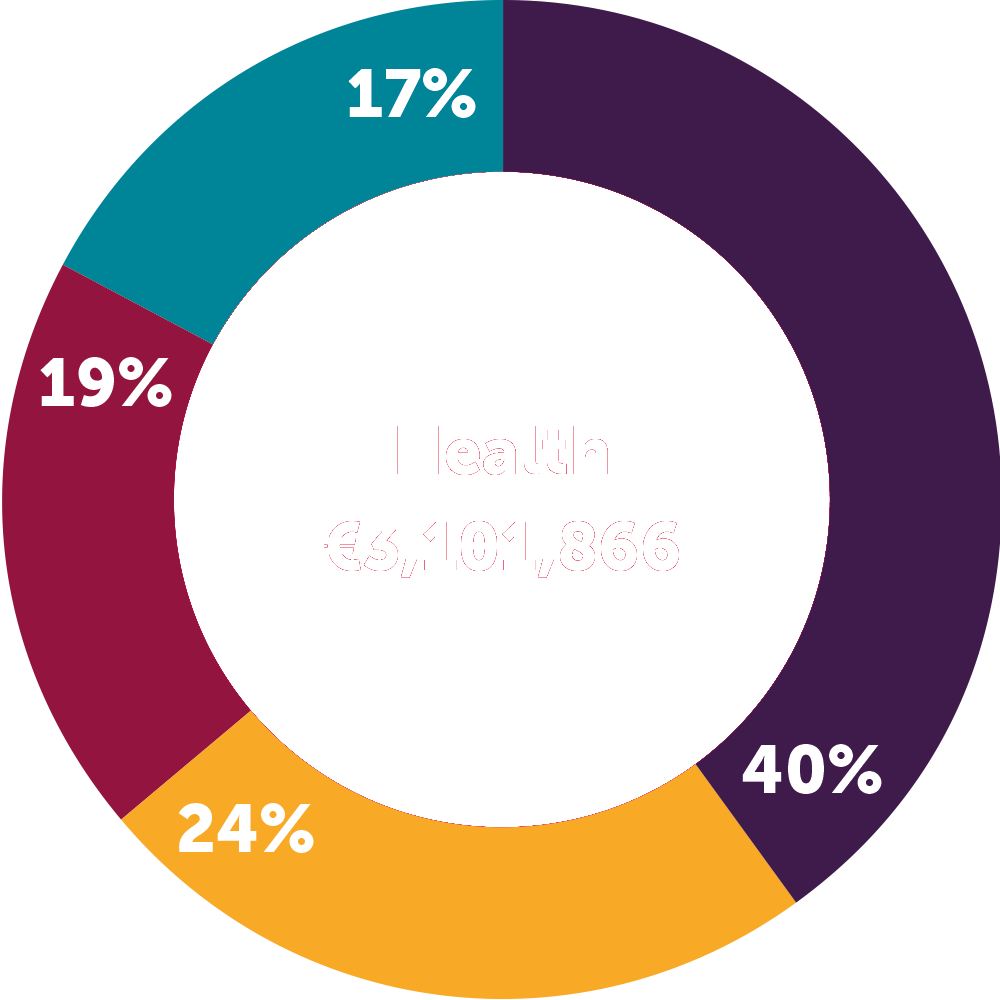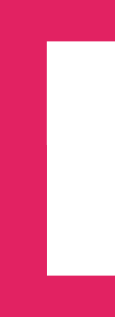
€1,242,560
Communicable
Diseases
€728,603
Non-Communicable
Diseases
€594,841
Maternal
& Child Health
€535,862
Water, Sanitation
& Hygiene
Misean Cara supported 53 health projects in 2020,
through 28 members in 16 countries, serving a total
of 643,228 people.
For our members working to uphold the right to better health, clean water and sanitation, the pandemic shifted the focus in 2020 to adapting to the impact of COVID-19. Living and working side-by-side with the people and communities they work with, our members were able to rapidly assess what kind of an impact the virus might have.
Projects were adapted quickly to get accurate information out about the virus and how to keep it from spreading. Members provided Personal Protective Equipment (PPE) and medication, training to project health staff, and developed innovative equipment to increase simple interventions such as handwashing and the making of masks.
Our members also observed that secondary effects of the pandemic were quickly emerging, including hunger, a rise in mental health issues and sexual and gender-based violence. More information about how our members responded to these pandemic-related challenges can be found on pages 20 and 21 of this report.
Throughout the year our members also continued with projects to address the general health and well-being of those furthest behind, as well as the challenges around other high-impact public health issues including tuberculosis and HIV & AIDS. Misean Cara members strove to ensure the past progress in improving health outcomes were not lost, or reversed, during the pandemic.
The pandemic also put a spotlight on the importance of access to clean water, sanitation and hygiene in preventing and containing disease; simple acts such as adequate handwashing being one of the cheapest, most effective means of disease prevention. In 2020, Misean Cara members constructed solar pumps and boreholes in South Sudan; improved household sanitation through water harvesting in Kenya; and improved sanitary conditions in remote schools in Zambia.
A number of projects emphasised ways to reduce malnutrition rates, while others improved access to health care for people in remote areas. In 2020, the Church Mission Society Ireland had great success improving childhood weight in Nepal through the production of fortified ‘super-flour’ by local women. In the Philippines, the Notre Dame des Missions Sisters helped strengthen the effectiveness of the local health system by setting up ambulance services to connect rural clinics.

Making
healthcare
more accessible
for the elderly
in Gaza
The Gaza Strip, a self-governed Palestinian territory, is one of the most densely populated places on earth, with 2 million people living within 364 sq. kilometres. Most people live in extreme poverty in makeshift refugee camps, with violence and disruptions often a daily occurrence. Because living conditions are far from ideal and many have little access to healthcare and no social security system, older people living in Gaza are at high risk from the effects of non-communicable diseases (NCDs) such as cardiovascular disease, strokes, diabetes, osteoporosis, and visual and hearing problems. Even where health services are available, they are often unaffordable to most people in Gaza.
The Franciscan Missionaries of the Divine Motherhood, in partnership with Caritas Jerusalem, have been working to offer the elderly residents of Gaza help managing the effects of NCDs by operating a free health programme focused on geriatric patients. The programme provides a wide range of treatments, physiotherapy, and assistive devices as well as screenings for conditions such as hypertension and diabetes.
Suad, aged 63, is a resident of the Shate’q refugee camp in Gaza. She lives in a small, dilapidated rental house that lacks basic, essential sanitation and has no heating or refrigeration. She lives in chronic poverty, her only means of supplemental support being food aid from the UN that she receives only every few months.
Suad came to the programme early in 2020 complaining of general ailments. including living for ten years with Type 2 Diabetes. Clinic staff also determined that she had high blood pressure, for which she received treatment. Suad was also offered courses to learn more about nutrition and basic health care, as a means of helping her develop better every day living strategies for managing her diabetes and the more typical ailments and conditions associated with ageing.
The COVID-19 pandemic has made it extra challenging for patients such as Suad to access the Primary Health Care (PHC) services offered to residents of Gaza. However, Caritas Jerusalem has continued its services throughout the pandemic, in part by setting up mobile clinic settings outdoors, making it possible for Suad and other at-risk elderly patients in Gaza to receive the essential ongoing healthcare necessary to maintain good daily health.
* At the time of writing this Annual Report, the world had just witnessed the devastating impact on Gaza of the 11-day conflict between Israel and Hamas in May 2021. Due to the unrest, the work of the Caritas Jerusalem health project had to be suspended temporarily. The project team is now (June 1st) in the process of conducting an assessment of humanitarian need in the wake of the violence. On the eve of going to print, we received the welcome news that Suad was safe and well; she continues to receive support through the project.

